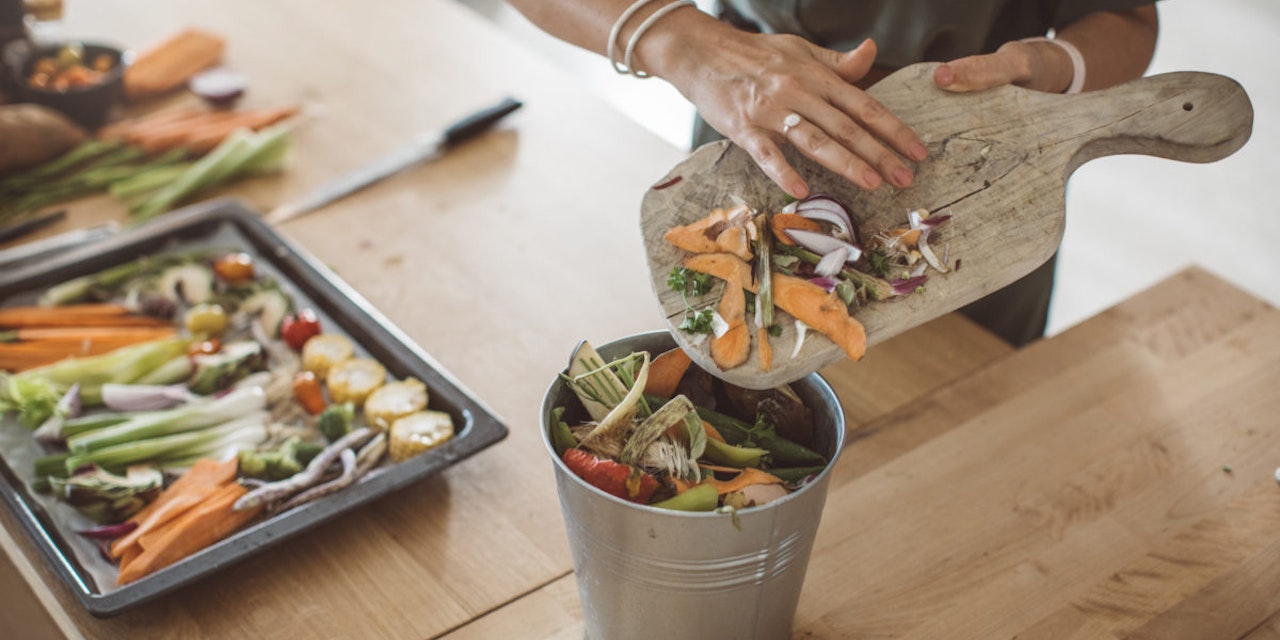How to Help the Planet and Boost Your Health
1. Cut back on red meat According to Greenpeace (https://www.greenpeace.org/usa/sustainable-agriculture/eco-farming/eat-more-plants/ ) the indust…
- Published: 12/9/2019
- Categories:
- 3 min. read

- Published: 12/9/2019
- Categories:
- 3 min. read
By the looks of things, more and more of us are starting to appreciate that the way we eat impacts more than just us and our bodies, and even has an impact on the planet.
As scientists and environmentalists help us to deepen our knowledge on this issue, we thought it might be helpful for you guys to get a few tips on simple ways you can adjust your diet to help your planet and boost your health at the same time!
1. Cut back on red meat

According to Greenpeace (https://www.greenpeace.org/usa/sustainable-agriculture/eco-farming/eat-more-plants/ ) the industrialized agriculture sector generates as much greenhouse emissions “…as cars, trucks and automobiles combined”. Pretty shocking right?! This is largely due to the fact that large scale farmers typically cut down a lot of trees, which usually counteract with carbon dioxide emission, and use a lot of practices that result in pollution. Cutting back on red meat isn’t just good for the environment either; it will also help you lower your risk of certain heart diseases, lower your cholesterol levels, and lose a few pounds!
2. Eat local

We don’t necessarily think about it, but almost every time we buy something from the grocery store, we’re contributing to pollution. Think about it: the fish you are buying came from Alaska or Norway; how did it get here? How was it kept fresh or frozen on the journey? Commercial refrigeration and transportation are big contributors to pollution. If you can, buy local meat, fish, poultry, and fruit and veg. Head to your local farmer’s market and get your food almost directly from the source; there’s less of an environmental impact, and your more likely to get good quality produce.
3. Use less plastic (bpa)

Did you know that you really shouldn’t be heating your food up in plastic? Phthalates and Bisphenol A (BPA) are two of the chemicals found in plastics – and for a good reason (they help plastic to maintain its shape), but when heated, they can escape the plastic and get into your food. Some research suggests that this can hinder children’s growth, and affect hormones in adults and children(https://www.foodnetwork.com/healthyeats/healthy-tips/2019/02/what-to-know-about-using-plastic-in-the-microwave). Switch to glass and ceramic dishware.
4. Use real plates

Disposable and single-use culture is particularly prevalent in the US. Paper plates, styrofoam plates, red solo cup I fill you up… release the disposables. If you’re concerned about the amount of water you use to wash dishes, opt for a dishwasher with an energy star (these tend to be more efficient), and eco-cycle options (these adjust the water and temperature based on how dirty your plates are, helping to save energy). Plus, using ceramic plates or glassware prevents leaching into your food, which is a huge benefit.
5. Use all your food (food waste)

Use as much of your food as possible! The EPA states (https://www.epa.gov/sustainable-management-food/sustainable-management-food-basics) that food waste accounts for around 22% of total waste – that’s a lot of garbage! Try to buy less and make sure to really use what you have before you buy more. Eating ‘real’ food (vegetables, fruit, grains and legumes) will help with this, as there’s more than one use for these foods (vs a microwave dinner or pre-made meal) so you can always use them a different way, e.g. in a soup or a salad, with bonus vitamins and nutrients thrown in too!
How can you help the planet with your eating habits?
All of the content and media on Lifesum is created and published for information purposes only. It is not intended to be used as a substitute for medical advice or treatment. Users should always consult with a doctor or other health care professional for medical advice. If you have or think you are at risk of developing an eating disorder, do not use the Lifesum app and seek immediate medical help.